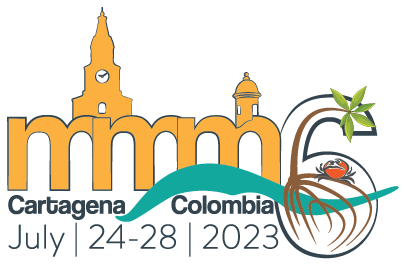Celebrating the diversity of the world’s mangroves
The mangrove ecosystem is deceptively complex. We all define mangroves based on our location or research discipline, but mangroves are geographically diverse and made up of numerous components. Mangroves are shaped by environmental gradients from local-global scales, and are affected by gradients of human and natural stressors. We must holistically understand mangroves from multiple perspectives, or we risk misapplying scientific paradigms and management strategies, and excluding voices who can contribute to a richer understanding of mangroves. We can only achieve the UN Ocean Decade Challenges for mangroves if we embrace the diversity of this ecosystem and the people who live, manage and study them.



